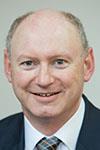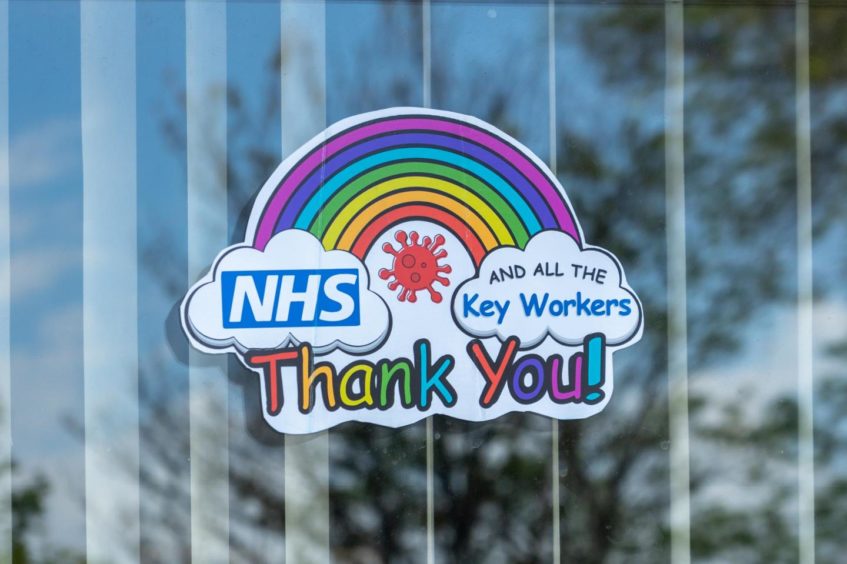The Covid-19 pandemic has been incredibly challenging for everyone in the country.
The population has faced significant change and restrictions on normal life and the NHS has had to change in ways we did not really think possible just over a year ago.
While there has, quite rightly, been significant public recognition of the effect of this on staff in hospitals – particularly intensive care services – it feels that there has been little, if any, acknowledgement of the huge work undertaken in the community by primary care staff.
I have never been more aware of the key role of General Practice and Primary Care in being the bedrock on which the whole NHS depends, and indeed would collapse without. General Practice always remained open, despite unhelpful commentary to the contrary.
Being a receptionist in a GP surgery is one of the most difficult NHS roles, and is literally on the ‘front line’
In my own practice at Scotstown, in the Bridge of Don, we did over 1,000 more consultations in the first three months of the pandemic compared to the same months during 2019. This workload has only increased since then.
Staff in practices gave up their public holidays in the first six months as we all worked together, and continue to work, to help patients navigate the huge changes in how we had to deliver patient care. All this meant more time taken when people phoned in to the practice. Gone are the days of a quick call to book a routine appointment.
Staff reduced to tears by patient behaviour
Being a receptionist in a GP surgery is one of the most difficult NHS roles, and is literally on the “front line”.
Picture this. You are the public voice of your practice, need to answer the phone quickly, be aware that the call could be an emergency and then, if not, spend quite a bit of time making sure you gather enough information so that the patient gets the correct help.
Meanwhile, those waiting are getting more impatient. To try and address this there has been a move to ask people, where they are able, to use electronic means to send information in, but some cannot and some refuse to, so the phone lines stay busy.
When that waiting caller gets through, their frustration – borne in part from not appreciating just how much things have had to change due to Covid – is vented upon the poor staff member trying to help. I have seen staff reduced to tears by this deeply unpleasant behaviour, and sadly I am far from alone in witnessing it.
GP staff face too much criticism when they deserve thanks
This truly front line role of GP staff has meant that they have all too frequently been the target of criticism and frustration felt by the public. The resilience and the professionalism shown in the face of this has been humbling to witness and hear about from colleagues.
Change is difficult to accept at the best of times, and the rapidly enforced changes made during the pandemic have been hard for all – NHS staff included. That’s why I hope the public will join me in thanking all primary care staff for the fantastic work, dedication, and resilience they have shown over the past year.
Dr Alasdair A Forbes is Chair of the north-east Scotland Faculty of RCGP Scotland


